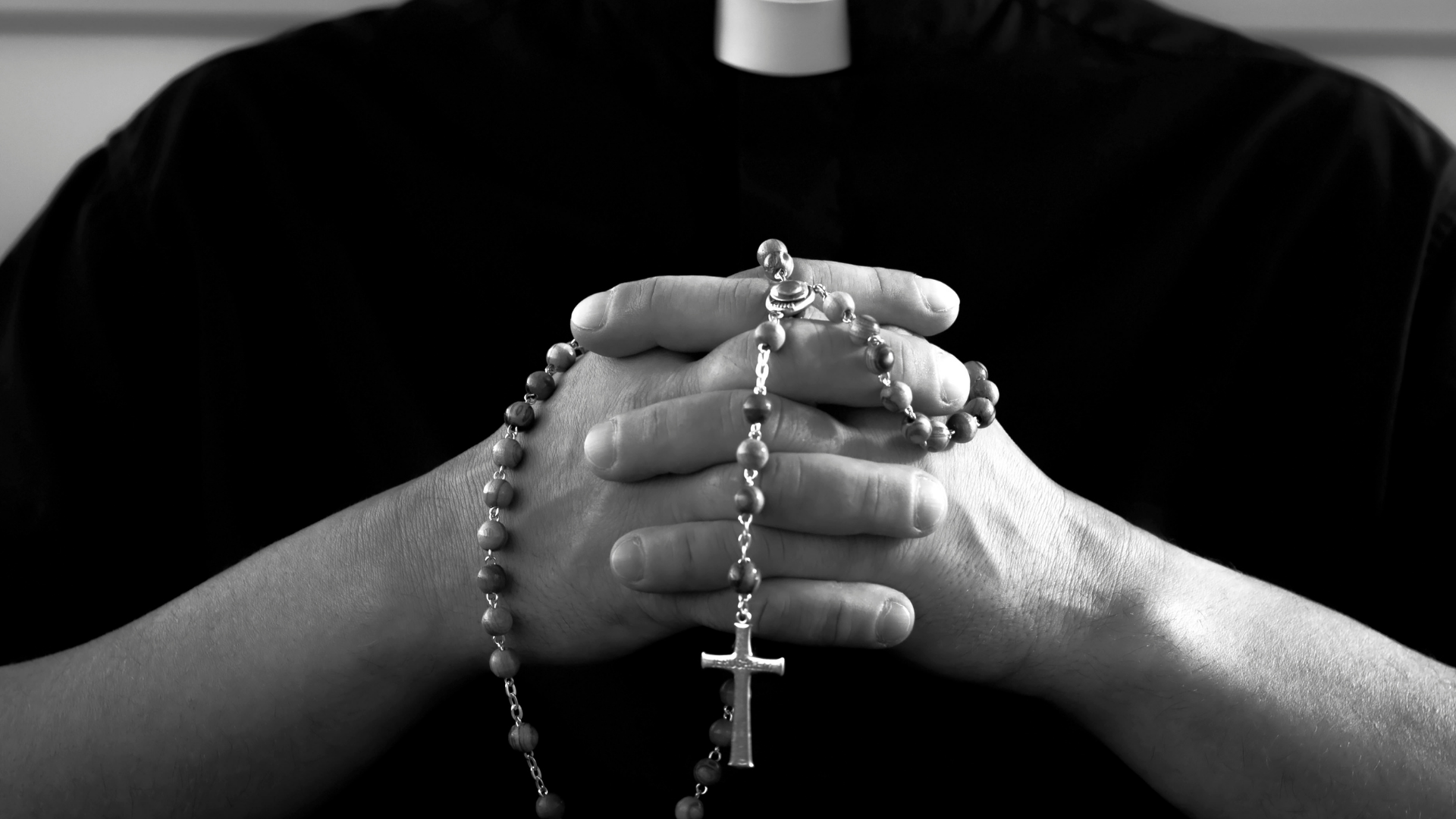
Interview with Christianity Today. Playing God: Pandemic Brings Moral Dilemmas to US Hospitals
There are three main ethical concerns that medical professionals are now facing, according to the Center for Bioethics and Human Dignity: protecting the vulnerable by not overwhelming health care systems, allocating insufficient medical supplies, and keeping medical workers safe who lack the proper protective equipment against the virus. The questions are very real: Who should receive medical care when there aren’t enough resources to go around?

In Consenting to Treatment, What Does a Patient Need From a Doctor? Trust? What Else?
Patient dignity and self-determination demand consent before treatment. The more consequential or irreversible the treatment, the more informed and explicit the consent should be. But consent, practically and psychologically, rests on trust. (Not necessarily the trustworthiness of the clinician, but how much the patient trusts the physician.)

Bioethics Club
This past year, Aliza Bloostein and Michelle Ryder, two seniors from The Rivers School, a small co-ed independent day school in the Boston suburb of Weston, participated in a pilot ‘Bioethics Club’ program.

The Value of Oversight in a Century of Promise & 'Cures'
After my daughter was diagnosed with a potentially fatal blood disorder, heparin played a key daily role in her treatment. We’d wash our hands meticulously, lay out gloves and antiseptic wipes, saline flushes for the access lines to her fragile immune system, and finally the sealed heparin syringe.

Chaplains, Decisions, and the Most Alone of Patients
In making decisions about medical treatment for patients who are “incapacitated and alone,” as an influential American Bar Association study once described them, there is a tension among medical judgment, ethics and the law that may be necessary but can do harm to a patient’s best interests.

Love Wins
“Why?” is one of the first questions we humans ask. Developing ethical justifications to support decisions is an essential part of my participation in the CEC: the details of “why” influences life-and-death decisions made by patients, caregivers, family, and health proxies. Facts are cold. I believe that real life decisions ultimately depend on love.

When Medical Ethics Enters the Campaign
Ethical questions in medical care and science will be prevalent throughout the presidential election season. How deeply they are considered will vary greatly. In the past week, two in particular have come to the fore, and how well they were engaged is worth considering.
Asked in Saturday’s Republican debate whether he would consider quarantining Americans returning this summer from the Olympics in Brazil, New Jersey Gov. Chris Christie said, “You bet I would.”

Even Gene Editors Need an Editor
Perhaps the confusion is best explained by an exchange toward the end of the summit, when organizers were asked if their statement might be translated into clearer language more easily understood by the public. To which Dr. David Baltimore, principle organizer of the summit and former president of CalTech, said: “You mean it isn’t?”

Getting a Handle on CRISPR/Cas9 (Part 2)
Takeaways from Day 2 of the International Summit on Human Gene Editing. The challenge: Not devoting all of them to legal scholar and doctor of irony Barbara Evans.

Getting a Handle on CRISPR/Cas9 (Part 1)
One day into the International Summit on Human Gene Editing in Washington, D.C., I’m struck by how easy it is for a lay person (namely myself) to get lost in the science. That gulf in comprehension complicates the effort to earn public buy-in and trust for use of the new technology.